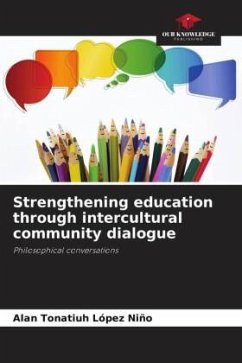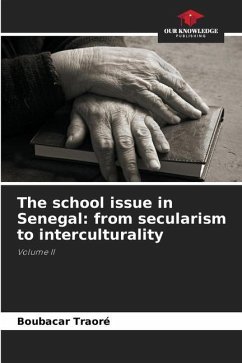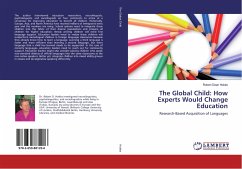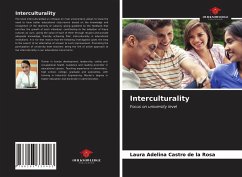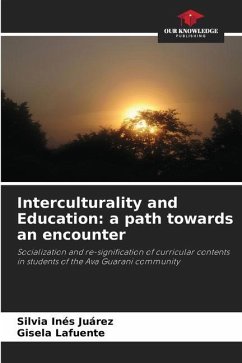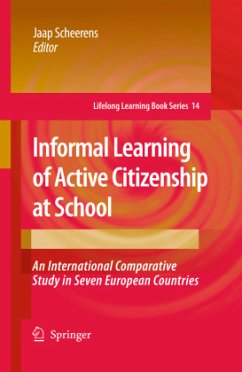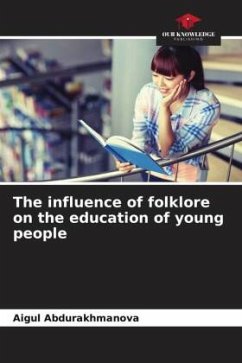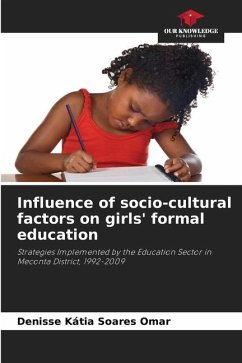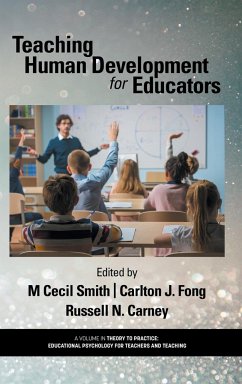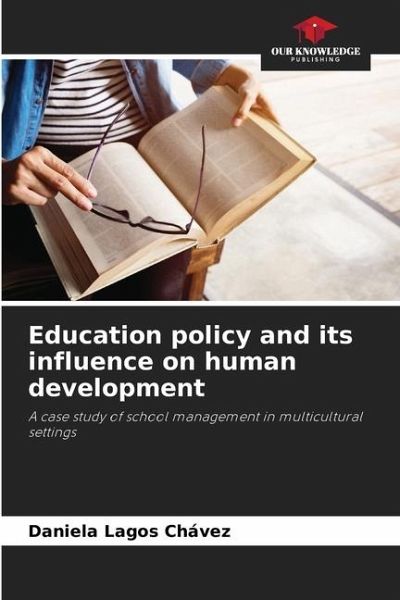
Education policy and its influence on human development
A case study of school management in multicultural settings
Versandkostenfrei!
Versandfertig in 6-10 Tagen
27,99 €
inkl. MwSt.

PAYBACK Punkte
14 °P sammeln!
Over the last decades, the Chilean model of school financing and management has undergone transformations that have led to various problems and generated gaps between different schools. In this context, the emergence of a strong student movement prompted an educational reform, which has focused on the promotion of human rights within the framework of the principles of inclusion, diversity and the rethinking of a model of intercultural education, among others. In this way, it is essential to describe how school management contributes to the construction of life projects considering cultural and...
Over the last decades, the Chilean model of school financing and management has undergone transformations that have led to various problems and generated gaps between different schools. In this context, the emergence of a strong student movement prompted an educational reform, which has focused on the promotion of human rights within the framework of the principles of inclusion, diversity and the rethinking of a model of intercultural education, among others. In this way, it is essential to describe how school management contributes to the construction of life projects considering cultural and gender diversity, which structure the identity of students. To this end, two case studies were carried out in schools in the Tarapacá region, Chile, with a high percentage of students belonging to an indigenous people, as well as migrant status and gender diversity, which made it possible to identify complex interrelationships of interest for understanding and investigating not only the academic role of the school but also its role as an agent of human development.






